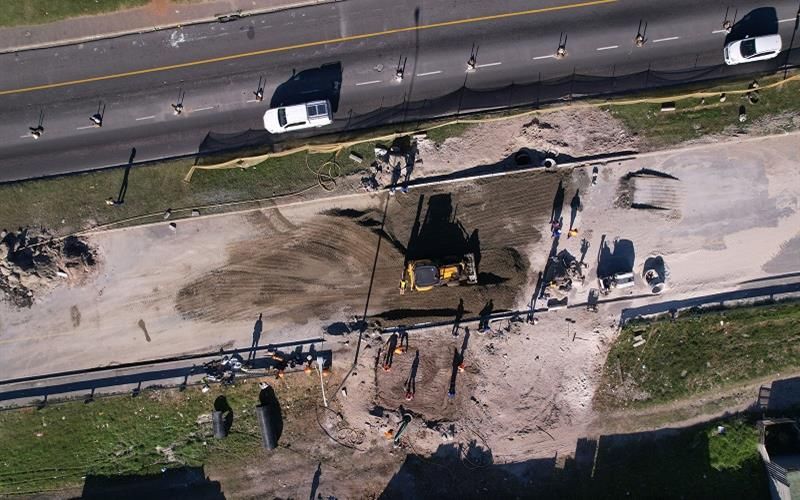The Central Line relocation process has become a source of controversy recently due to misinformation from the new Transport Minister Sindisiwe Chikunga. During her speech in the National Assembly on May 16th, 2023, she wrongly claimed that the City of Cape Town is responsible for the project. Her statement led to confusion and raised concerns among the public.
The Role of the National Government
Contrary to Minister Chikunga’s statement, the Central Line relocation process is primarily led and managed by the National Government. The Passenger Rail Agency of South Africa (Prasa) has appointed the Housing Development Agency (HDA) to oversee the process. The HDA is responsible for identifying suitable land for relocation, managing its development, and making submissions for necessary planning or other approvals required before the relocation can proceed. Prasa has obtained an eviction order to this effect, which must be executed by November this year.
The City of Cape Town’s Limited Role
The City of Cape Town serves as the planning authority for all development and land use in the city under the Municipal Planning By-law but has a limited role in the Central Line relocation process. The City is responsible for assessing any application for development rights that the HDA requires once they have determined and secured access to a site in the city for the proposed relocation. However, the HDA is responsible for identifying land parcels and undertaking the necessary development and land use applications to establish emergency housing for the unlawful occupants of Prasa’s Central Line.
Transfer of Funds to the City
On March 30th, the last day of the national government’s financial year, National Human Settlements transferred R111 million to the City without notice. These funds can only be used for human settlement purposes or informal settlement upgrading, provided that the National Treasury grants the necessary approvals for the City to use these funds outside of the current local government financial year ending on June 30th.
The City’s Response
The City has already allocated funds for the 16 informal settlements proposed by Human Settlements Minister Mmamoloko Kubayi for the R111 million to be used. Planning and servicing work for these settlements, formed during the Covid-19 lockdown, is either already complete, underway, or imminent. The utilization of some or all of the funding for basic services in central line relocations is subject to Treasury approval and project readiness by Prasa and HDA.
Councillor Rob Quintas, Mayoral Committee Member for Urban Mobility, emphasizes that commuters from the metro-south east are desperate for the Central Line to operate, and the City shares their concerns. The City remains committed to seeing the project move forward and awaits the necessary development application from Prasa and the HDA. It is important to clarify the roles and responsibilities of each party involved in the project to avoid any further confusion or misinformation.












